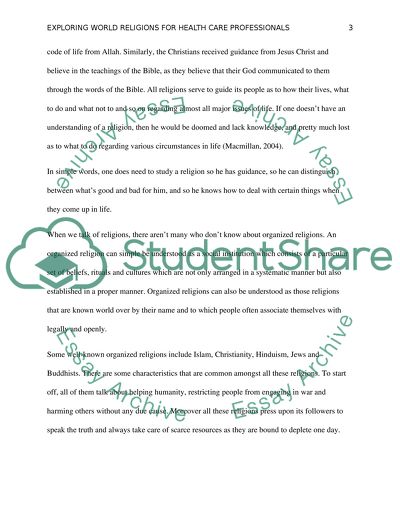Cite this document
(“Final Essay Examination Questions Example | Topics and Well Written Essays - 2750 words - 1”, n.d.)
Final Essay Examination Questions Example | Topics and Well Written Essays - 2750 words - 1. Retrieved from https://studentshare.org/religion-and-theology/1477287-final-essay-examination-questions
Final Essay Examination Questions Example | Topics and Well Written Essays - 2750 words - 1. Retrieved from https://studentshare.org/religion-and-theology/1477287-final-essay-examination-questions
(Final Essay Examination Questions Example | Topics and Well Written Essays - 2750 Words - 1)
Final Essay Examination Questions Example | Topics and Well Written Essays - 2750 Words - 1. https://studentshare.org/religion-and-theology/1477287-final-essay-examination-questions.
Final Essay Examination Questions Example | Topics and Well Written Essays - 2750 Words - 1. https://studentshare.org/religion-and-theology/1477287-final-essay-examination-questions.
“Final Essay Examination Questions Example | Topics and Well Written Essays - 2750 Words - 1”, n.d. https://studentshare.org/religion-and-theology/1477287-final-essay-examination-questions.


